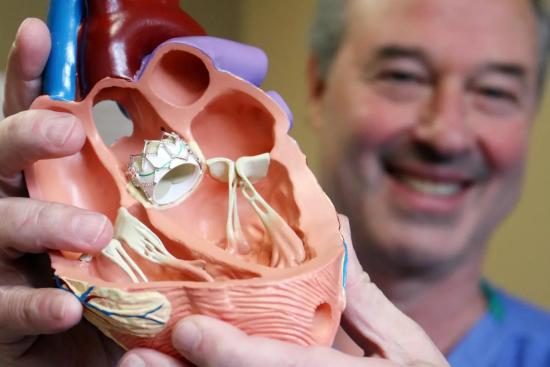Are you getting short of breath during everyday activities, even climbing a few stairs, or experiencing concerning palpitations? These symptoms may indicate a heart valve that isn't functioning properly. Left untreated, valve disease can reduce your energy, limit daily activities, and, in severe cases, lead to serious heart complications.
Today, modern valve replacement procedures in Turkey allow patients to restore heart function and regain vitality without significantly disrupting daily life. Whether through traditional open-heart surgery, minimally invasive techniques, or TAVI, skilled cardiologists in Istanbul perform these interventions using advanced technology at competitive prices.
Cost of heart valve replacement in Turkey
The average cost of a heart valve replacement in Turkey is around 11,600$, which typically includes hospitalization, preoperative tests, and postoperative follow-up. The final price may vary depending on the valve being replaced, the patient's overall health, and the surgical approach used, whether open-heart surgery, minimally invasive surgery, or TAVI.
In Istanbul, specialized clinics offer high-quality procedures while keeping costs particularly competitive.
With Turquie Santé, you benefit from expert guidance every step of the way. Reach out today for a personalized assessment, a free cost estimate, and support to safely plan your heart valve replacement.








